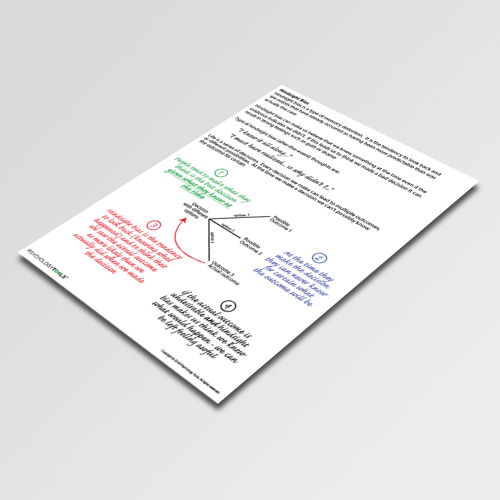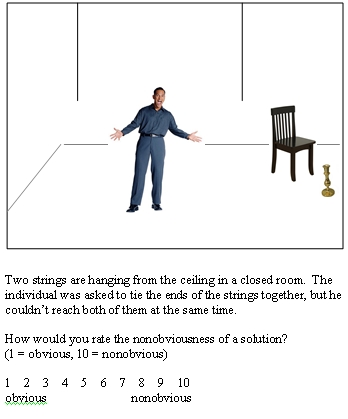

- HINDSIGHT BIAS PSYCHOLOGY HOW TO
- HINDSIGHT BIAS PSYCHOLOGY TRIAL
- HINDSIGHT BIAS PSYCHOLOGY PROFESSIONAL
Managers focus on the strength of their strategy and how good their company seems, discounting what their competitors are doing and market changes (“competition neglect”).

But this doesn’t answer the real, more difficult question – is the information already priced into the stock? This requires lots of training and makes stock picking seem more rigorous.


You focus on the data you have, and you don’t imagine all the events that failed to happen (the nonevents). You often don’t notice how little information you actually have (or had before the outcome was revealed) and don’t wonder about what is missing. Insidiously, the fewer data points you receive, the more coherent the story you can form. This comforts us in a world that may be largely random. The general principle of hindsight bias is this: we desire a coherent story of the world. When we construct satisfying stories about the world, we vastly overestimate how much we understand about the past, present, and future. If we are certain that our past selves were amazing predictors of the future, we believe our present selves to be no worse. This might also be because they’re hired for their charisma and vocalness, not accuracy.
HINDSIGHT BIAS PSYCHOLOGY PROFESSIONAL
HINDSIGHT BIAS PSYCHOLOGY HOW TO
Learn why the hindsight bias in psychology is an issue and how to overcome it. We’ll look at hindsight bias examples that make the above definition clearer. Hindsight bias is a problem because it inflates our confidence about predicting the future. Hindsight bias is the tendency to believe you have predicted events or outcomes that were unpredictable. What is hindsight bias? How does it work, and how can you avoid it?
HINDSIGHT BIAS PSYCHOLOGY TRIAL
Like this article? Sign up for a free trial here. Shortform has the world's best summaries of books you should be reading. This article is an excerpt from the Shortform summary of "Thinking, Fast and Slow" by Daniel Kahneman.


 0 kommentar(er)
0 kommentar(er)
